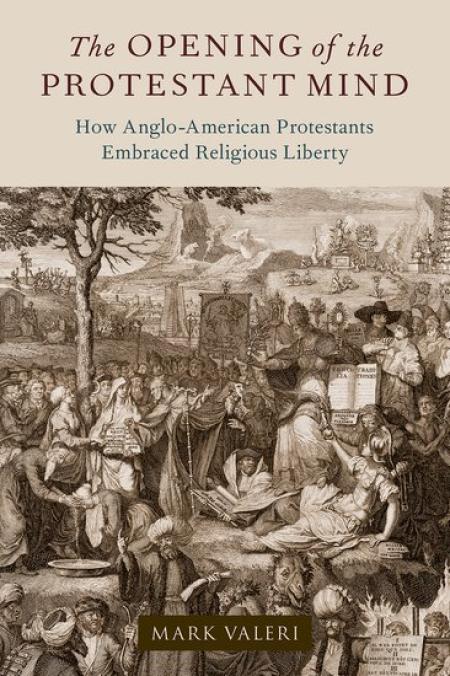
American Antiquarian Society
185 Salisbury Street
Worcester, MA 01609
United States
From 1650 through 1760, a shift occurred in English descriptions of world religions—vividly pictured in engravings, dictionaries, and travel narratives. The descriptions began as unabated criticism of non-Protestant faiths: Native American traditions as satanic, Islam as violent, and Roman Catholicism as idolatrous. During the mid-eighteenth century, however, they praised the moral mindsets of many Native Americans, admired the learning within many Islamic sects, and applauded the kindness of many Roman Catholics―reflecting ideas of religious freedom and tolerance. In New England, such changes affected Anglo-Protestants’ interactions—in trade, military affairs, and missionary encounter—with Native Americans.
Based on his new book, The Opening of the Protestant Mind, Mark Valeri will describe and explain this shift, the deep ambiguities in Anglo-Protestant thinking at the time, and how their ideas contained the seeds of modern religious liberty.

A historian of religion in early America, Mark Valeri is the Reverend Priscilla Wood Neaves Distinguished Professor of Religion and Politics and Professor of History (courtesy) at Washington University in St. Louis. His Ph.D. is from Princeton University, and he has held long-term fellowships at the American Antiquarian Society and the Huntington Library. He is the author of Heavenly Merchandize: How Religion Shaped Commerce in Puritan America (Princeton University Press) and of The Opening of the Protestant Mind: How Anglo-American Protestants Embraced Religious Liberty (Oxford University Press). Valeri was a National Endowment for the Humanities Long-Term Fellow in 1989-90 and an American Society for Eighteenth-Century Studies Fellow in 1998-99. He was elected to AAS membership in October 1998.

